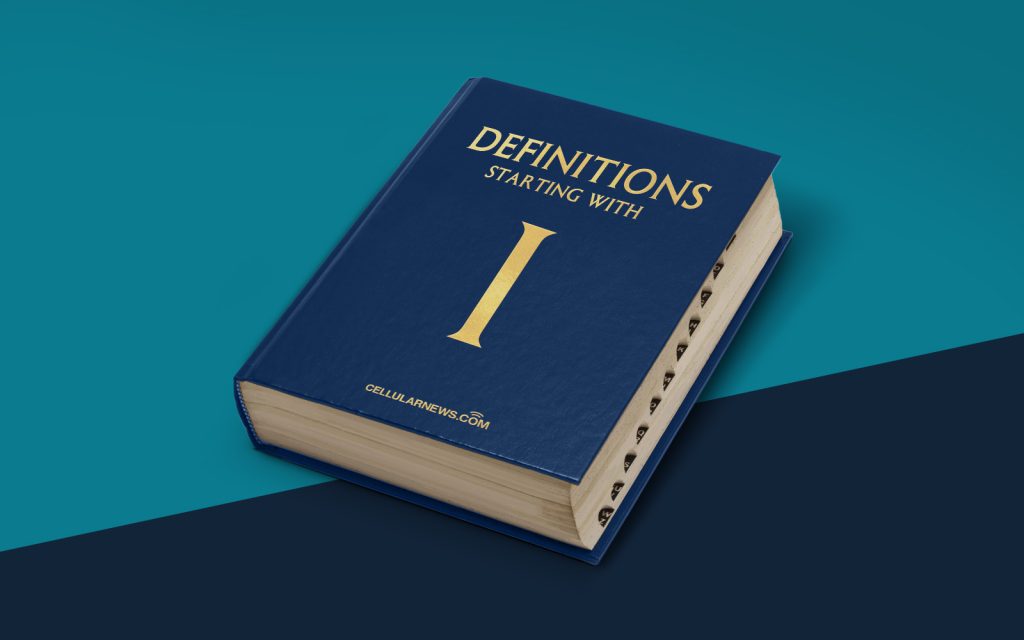
Understanding the Wonders of Ions
When it comes to the science of chemistry, there are many fascinating concepts and terms to explore. One such term that often intrigues both students and scientists alike is ions. In this article, we will delve into the world of ions, exploring what they are, how they form, and why they play an important role in various chemical reactions.
Key Takeaways:
- An ion is an atom or molecule that has gained or lost electrons, resulting in a net electrical charge.
- Ions can be positively charged (cation) or negatively charged (anion).
So, What Exactly is an Ion?
An ion is an atom or molecule that has gained or lost one or more electrons, resulting in a net electrical charge. These charged particles can have either a positive or negative charge, and their formation is a result of the transfer of electrons between atoms.
Now, you might be wondering, how does this process of electron transfer occur? Well, it all starts with the outermost shell of an atom called the valence shell. The valence shell is the outermost energy level that determines the atom’s reactivity and stability.
Sometimes, an atom may have an incomplete valence shell, which means it needs to gain or lose one or more electrons to satisfy the octet rule and achieve stability. Here’s what happens when this occurs:
- Cations: When an atom loses one or more electrons, it becomes positively charged and is called a cation. For example, when a sodium atom loses one electron, it forms a sodium ion (Na+).
- Anions: On the other hand, when an atom gains one or more electrons, it becomes negatively charged and is called an anion. For instance, chlorine, a halogen, gains one electron to become a chloride ion (Cl-).
It’s important to note that ions are not restricted to individual atoms; they can also form from groups of atoms. An example of this is the carbonate ion (CO3^2-), which consists of one carbon atom and three oxygen atoms. In this case, the carbon atom donates two electrons to complete the octet of each oxygen atom, resulting in the formation of a negatively charged ion.
So, you might be thinking, why are ions important? Well, ions play a vital role in many chemical reactions and biological processes. Here are a few reasons why they are significant:
- Electrolyte Balance: Ions such as sodium, potassium, and calcium are essential for maintaining the balance of fluids in our bodies. They help regulate nerve impulses, muscle contractions, and maintain proper hydration.
- Chemical Reactions: Ions are crucial for numerous chemical reactions, both in the lab and in nature. They can act as catalysts, speeding up reactions, or play a role in the formation and stabilization of compounds.
- Biological Processes: Ions are involved in many biological processes, such as the transport of nutrients and waste products across cell membranes. They also play a role in cell signaling and the functioning of enzymes.
In conclusion, ions are charged particles that result from the gain or loss of electrons. They play a fundamental role in chemistry, biology, and various aspects of our daily lives. So, the next time you encounter the term “ion,” you’ll have a better understanding of the wonders and significance behind it!
